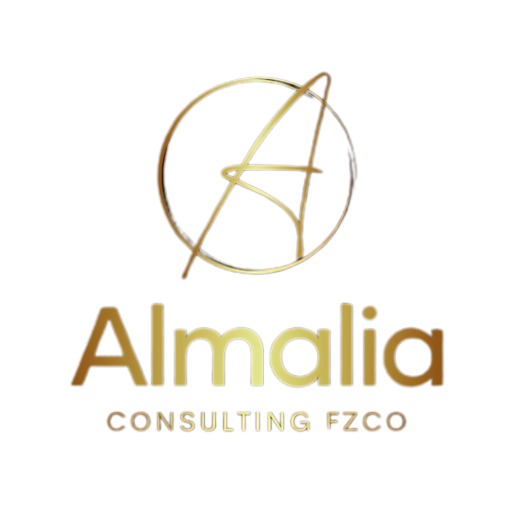Understanding the UAE Visa File Number System 2025
Understanding the UAE Visa File Number System 2025 The UAE Visa File Number 2025 is one of the most critical details for expatriates, residents, and business owners in the United Arab Emirates. At first glance, it may look like just a random series of digits, but in reality, this number is the backbone of your visa record. It serves as a unique identifier within the UAE’s immigration system and is used for everything from checking visa status to completing government services. In 2025, as the UAE continues to enhance its digital governance and smart immigration systems, the role of the UAE Visa File Number 2025 has become even more significant. At Almalia Consulting, we recognize how important this number is for individuals and businesses alike. Whether you are applying for a new visa, renewing your residency, or managing employee visas for your company, having complete clarity about this number is essential—and our team is here to guide you every step of the way. What is the UAE Visa File Number 2025? The UAE Visa File Number 2025 is a unique code issued by the immigration authorities at the time of your visa application. It generally consists of 7–9 digits and includes details such as the issuing Emirate, the year of issue, and the visa type. This number is printed on the residency visa sticker inside your passport, as well as on entry permits and digital visa copies. With the UAE’s focus on efficiency and transparency, residents can now use the UAE Visa File Number 2025 to track their visa details online or through government mobile applications. This streamlined approach ensures faster processing and easier access to immigration information. Why is the UAE Visa File Number 2025 Important? The UAE Visa File Number 2025 is not just a reference number—it plays a vital role in almost every official process related to your stay in the UAE: Tracking Visa Applications: It allows individuals to monitor their visa approval or renewal status. Residency Renewals and Cancellations: Required when extending, transferring, or canceling a visa. Legal and Compliance Requirements: Businesses need it to ensure employees are registered correctly. Access to Government Services: From applying for Emirates ID to obtaining health insurance, this number is always required. Immigration Records: It helps authorities maintain accurate data for millions of expatriates living and working in the UAE. Simply put, without the UAE Visa File Number 2025, you cannot move forward with most visa or residency-related services. Where Can You Find the UAE Visa File Number 2025? Many people are unsure of where to look for their visa file number, but it is easy to locate if you know where to check: Residency Visa Sticker: The number is printed at the top of your visa inside the passport. Entry Permit: Before the residency visa is granted, your entry permit carries the assigned file number. Digital Visa Copy: If you received your visa electronically, the UAE Visa File Number 2025 is clearly mentioned in the approval document. Having this number readily available ensures smooth and hassle-free interaction with government portals and immigration offices. Conclusion The UAE Visa File Number 2025 is more than just digits on your visa—it is the foundation of your legal identity in the Emirates. From tracking applications to renewing residency, this number is essential at every stage of your immigration journey. As the UAE continues to digitize its services in 2025, understanding and properly using the UAE Visa File Number 2025 will make life much easier for expatriates, residents, and businesses alike. Keeping this number accessible ensures you can stay compliant, avoid delays, and move forward confidently in the UAE. If you need guidance or support with UAE visas, compliance, or residency processes, contact Almalia Consulting today. Our team is here to simplify your journey and provide reliable solutions tailored to your needs. Frequently Asked Questions (FAQs) 1. What is the UAE Visa File Number 2025? It is a unique code assigned by the UAE immigration authorities that links directly to your visa record and is required for almost all immigration and government-related services. 2. Where can I find my UAE Visa File Number 2025? You can find it on your residency visa sticker, entry permit, or digital visa approval document. 3. Why is the UAE Visa File Number 2025 important? It is used to track visa applications, renewals, cancellations, and access government services such as Emirates ID and health insurance. 4. Can I check my visa status online with the UAE Visa File Number 2025? Yes, residents can use the file number on official government portals and mobile applications to track visa status and validity. 5. Do businesses also need the UAE Visa File Number 2025? Yes, companies must use the visa file number to manage employee visas, ensure compliance, and avoid penalties. 6. What should I do if I cannot find my UAE Visa File Number 2025? If you cannot locate it on your visa documents, you can contact the UAE immigration authority or your visa sponsor for assistance.
Understanding the UAE Visa File Number System 2025 Read More »










